- 1 | Patrick Psenner
- 2 | Simon Mair
- 3 | Lukas Aichner
- 4 | Manuel Wachtler
- 5 | Michael Bacher
- 6 | Jonas Clementi
- 7 | Stefan Frötscher
- 8 | Simon Greif
- 9 | Lukas Höller
- 10 | Fabian Menghin
- 11 | Dennis Nagler
- 12 | Michael Oberhollenzer
- 13 | Hannes Ohnewein
- 14 | Ruben Passler
- 15 | Olaf Stark
- 16 | Thomas Piffrader
- 17 | Alex Pfitscher
- 19 | Stefan Rellich
- 18 | Phillipp Rabensteiner
- 21 | Oliver Rohrer
- 20 | Martin Ritsch
Südtiroler at the EUROPEADA
The "Südtirol" team represents the German-speaking minority in South Tyrol.
The Südtirolers have not missed a championship since the start of the EUROPEADA in 2008 and have been unbeaten winners of all previous EUROPEADAs without exception.
The German-speaking minority in South Tyrol
“Südtirol” represents the german speakers minority in South Tyrol - Italy. The status of a minority of the almost entirely German and Ladin-speaking South Tyroleans became apparent with the end of World War 1. The allied England and France promised the neutral Italy for an entry into the war on their side and following victory different Italian-speaking territories such as South Tyrol, which belonged to the Habsburg empire. The territory was indeed held by the Austrian army until the war ended, but with the defeat evermore risk of a division of Tyrol loomed ahead. The Tyroleans pressed for the usage of point 9 of American President Wilson`s points plan, who provided the adjustment of Italys´ boundaries under clearly recognizable nationalities lines. The hope for its use waned after the signing of the armistice, because now the Italian troops could freely penetrate into the hitherto unconquered territory. It was attempted to hinder the threatening annexation, but during the peace negotiations of St. German in Paris it was easy for Italy to be awarded for the southern part of Tyrol. On September 10, 1919, the Austrian State Chancellor Renner had to sign the peace treaty, which allotted the State Italy without any escape clause for South Tyrol. On October 10, 1920, it came to the final annexation of South Tyrol by the Italian Parliament (excerpts from “Our Story” by Martha Stocker).
Despite great efforts in the time of fascism and after the Second World War to assimilate the German-speaking population by strong influx of Italian-speaking citizens, South Tyrol reached to obtain a high degree of autonomy with specific safeguarding provisions and so to preserve the ethnic group.
Today the German-speaking population in Italy counts about 350,000 people, spread over the entire province of Bozen - South Tyrol with its capital Bozen.
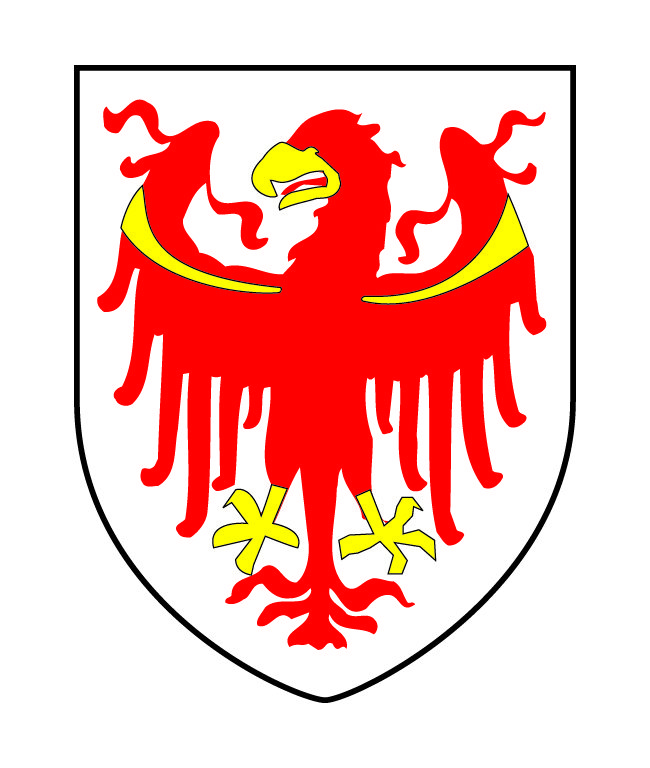




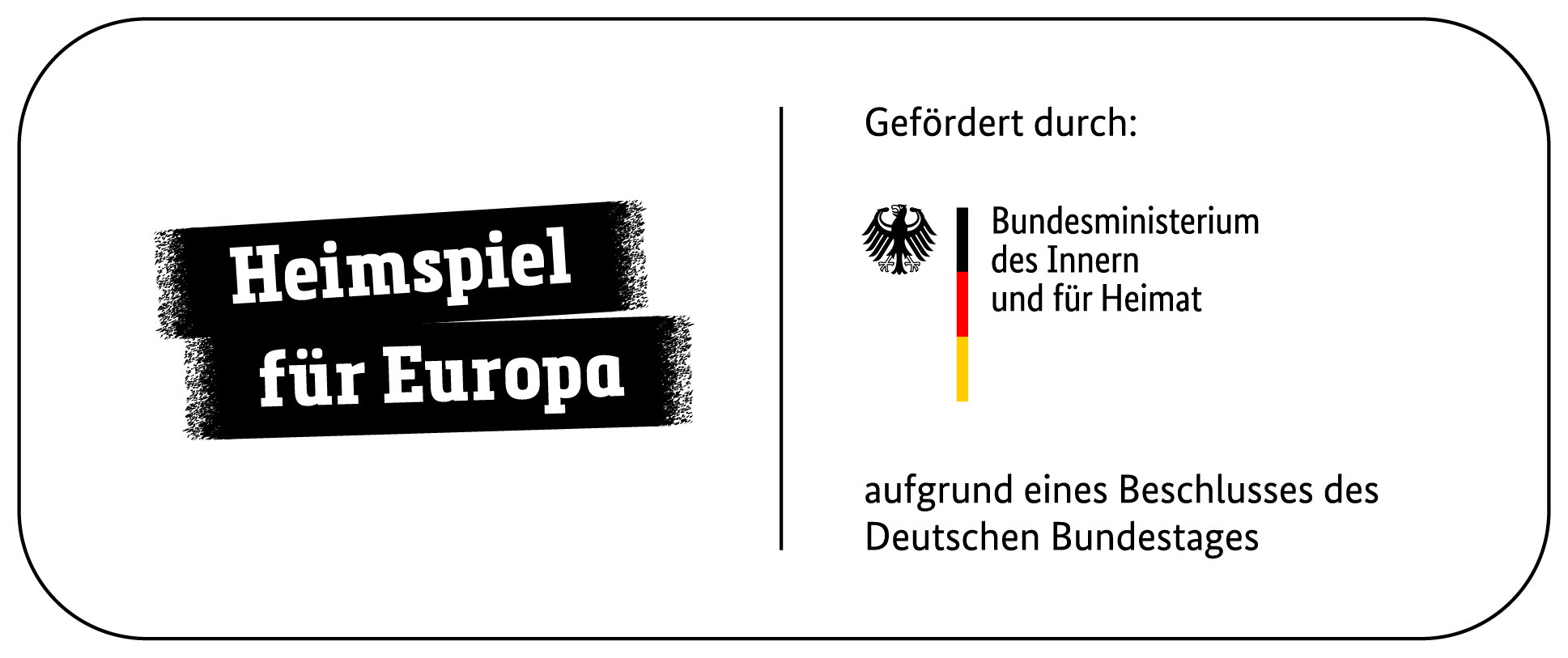
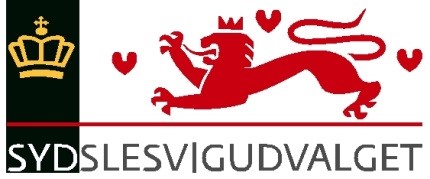



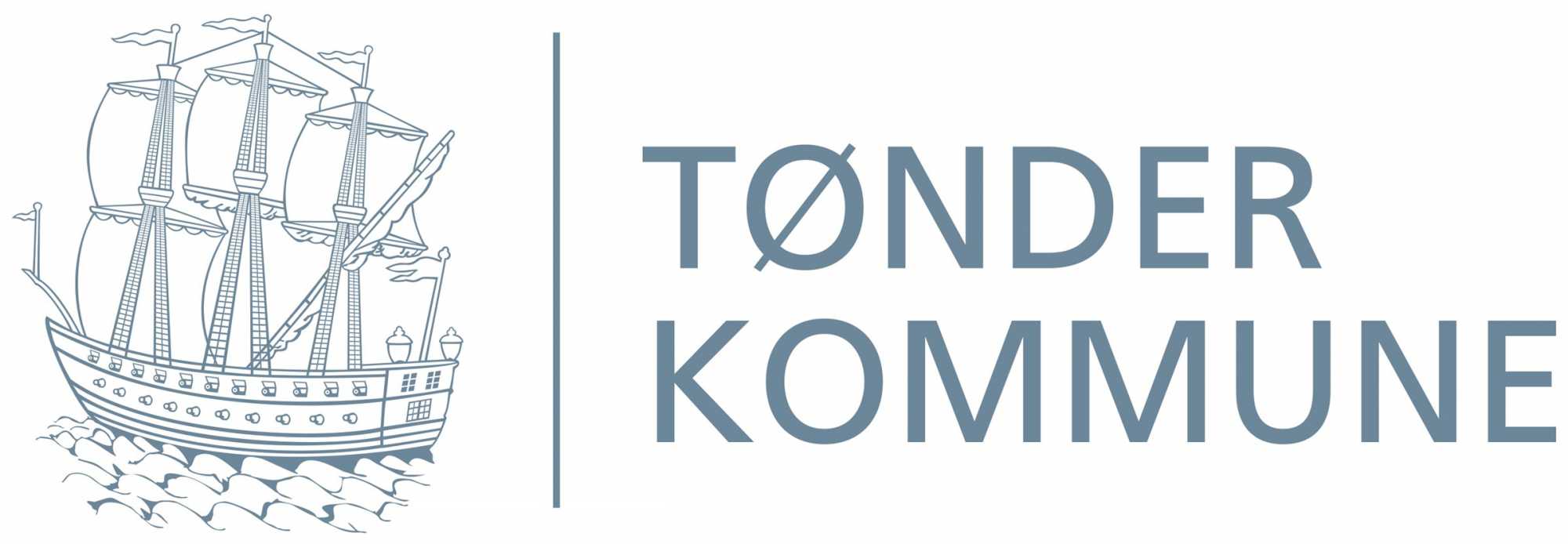

.png)



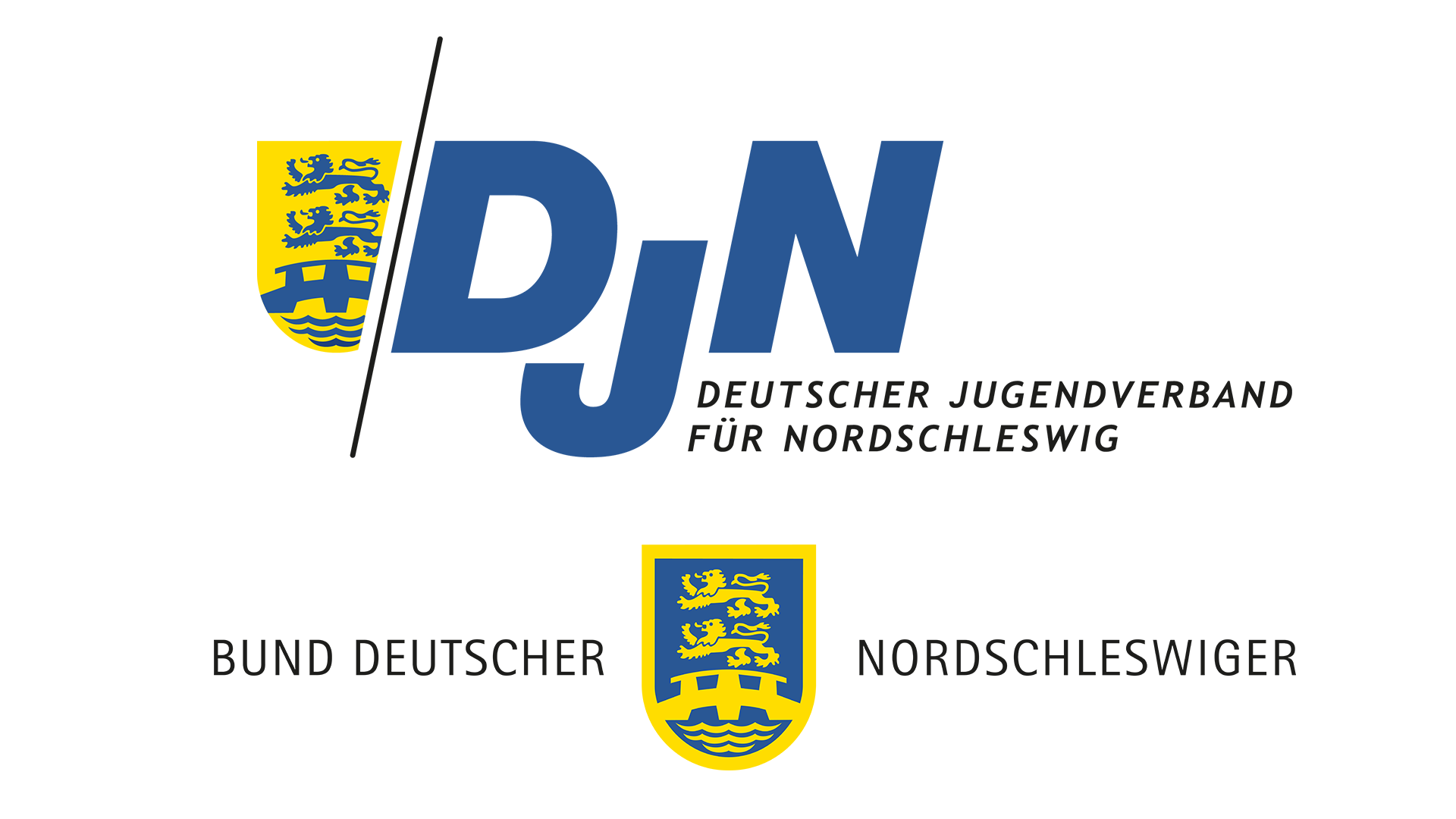
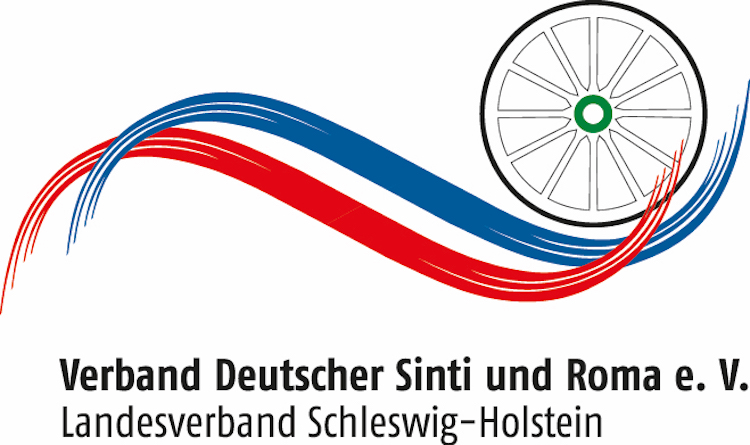












-1.png)
_(1).png)

